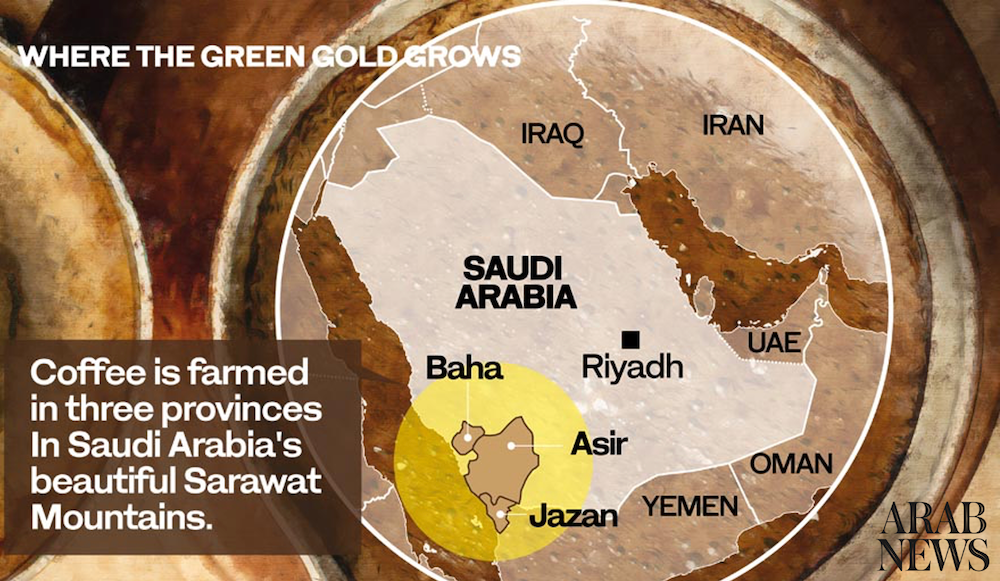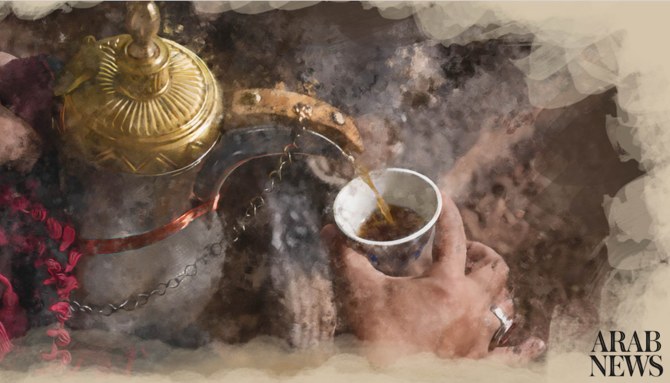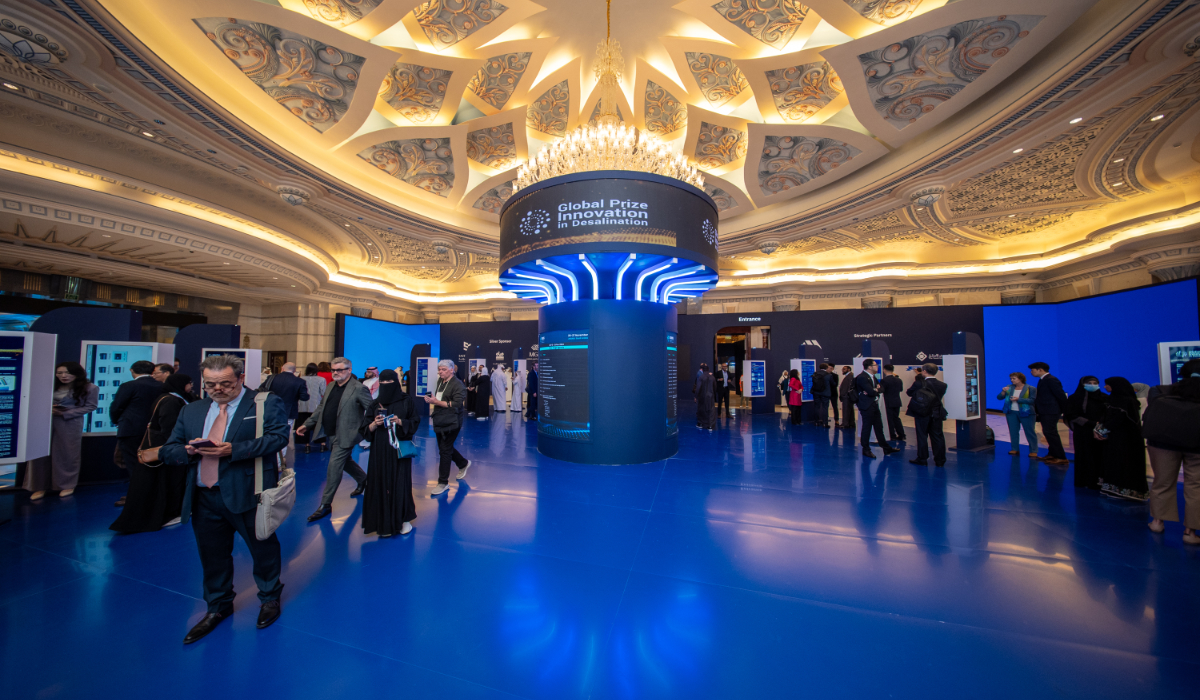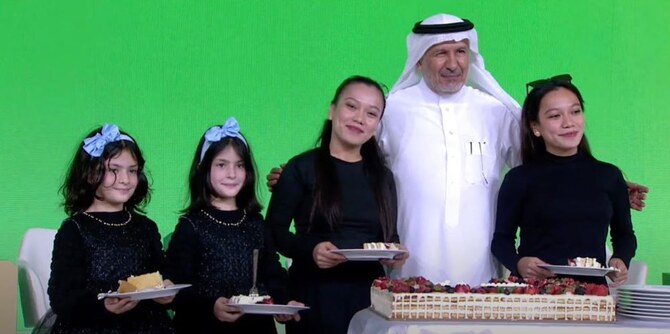LONDON: Arab News launched its latest deep dive, “A cup of Gahwa: The taste and traditions of Saudi coffee,” celebrating the Year of Saudi Coffee ahead of International Coffee Day this Saturday.
The long-form, interactive feature delves into the culture and heritage of Saudi coffee as it explores the home of Jazan’s green gold — the Khawlani bean.
Arab News partnered with Jabaliyah, the first coffee brand to originate exclusively in the Kingdom, on the deep dive and a limited edition coffee box.
“As Arab News celebrates the Year of Saudi Coffee, it’s our pleasure to partner with Jabaliyah, a speciality Saudi coffee company. Always supporting talented local business, Jabaliyah has produced delightful smooth Saudi coffee, which we are proud to partner with,” Arab News Assistant Editor-in-Chief Noor Nugali said.
Reporters traveled to Jabaliyah’s headquarters in Jazan to speak to the company’s co-founder and learn how the Khawlani bean goes from the tree to the brew.
“Arab News has been a key supporter of local authentic innovation and local startups from the get-go. We have been privileged at Jabaliyah to have had this support from them since the early days of our launch three years ago, and they continue to celebrate our endeavor as a true local content venture,” Ali Al-Sheneamer, co-founder of Jabaliyah, said.
For centuries, coffee has played a central role in the social life of Saudis. It is nothing less than a national symbol of identity, hospitality and generosity, and the focus of gatherings formal and informal, from the tents of the Bedouin of old in the deserts of Najd, to the stylish new cafes in the Kingdom’s cities.
But what some might not appreciate, even as 2022 is celebrated in the Kingdom as the Year of Saudi Coffee, is that when it comes to the planet’s most popular drink, the whole world owes a debt of gratitude to Saudi Arabia — the Khawlani bean.
Today, coffee is most closely associated with countries such as Brazil and Colombia.

But the potential of the coffee tree, which grows wild only in Ethiopia, was first recognized and developed by Arabs, as far back as the 14th century.
As William Ukers, editor of the Tea and Coffee Trade Journal in New York, wrote in “All About Coffee,” his exhaustive 1922 study: “The Arabians must be given the credit for discovering and promoting the use of the beverage, and also for promoting the propagation of the plant, even if they found it in Abyssinia (Ethiopia).”
Hundreds of years ago, discovering that the plant Coffea arabica thrived in the climate of the lush mountains of the land that would become Saudi Arabia, they brought it across the Red Sea to the Arabian Peninsula.
There, they successfully cultivated it on terraces cut into the flanks of the Sarawat Mountains, perfecting the art of roasting and brewing the seeds of its fruit to make the drink the world would come to know and love.
Not for nothing is the Khawlani coffee bean known in Saudi Arabia as “the green gold of Jazan.”
The bean, and the knowledge and practices related to cultivating it, occupies such a central role in the heritage and traditional social rituals of Saudi Arabia that it is now being considered for inclusion on UNESCO’s List of the Intangible Cultural Heritage of Humanity.
According to the document submitted to UNESCO by the Ministry of Culture, the Khawlani bean is named for Khawlan bin Amir, a common ancestor of the coffee-growing tribes that live in the mountains of Jazan province
“During the harvest season,” the document says, “farmers break the monotony of the work by singing poem verses. One person sings and the group repeats after to create a harmonic rhythm as they pick coffee beans.
“Men and women both roast then grind the beans used to prepare coffee.”
Importantly, the skills are handed down from generation to generation: “Families encourage youngsters to work in the lands, starting with minor tasks, until they develop the skills and know-how needed to cultivate coffee trees and the processing of the coffee beans.”
Coffee, adds the UNESCO document, “is a symbol of generosity in Saudi Arabia,” and the tribes of Khawlani personify this “through their dedication and their passion for this practice.”


























